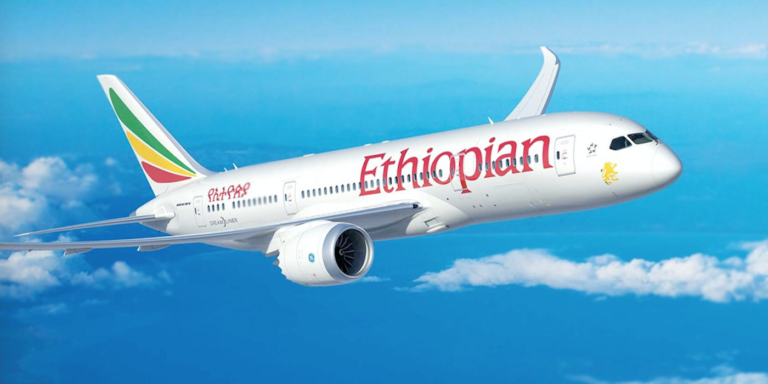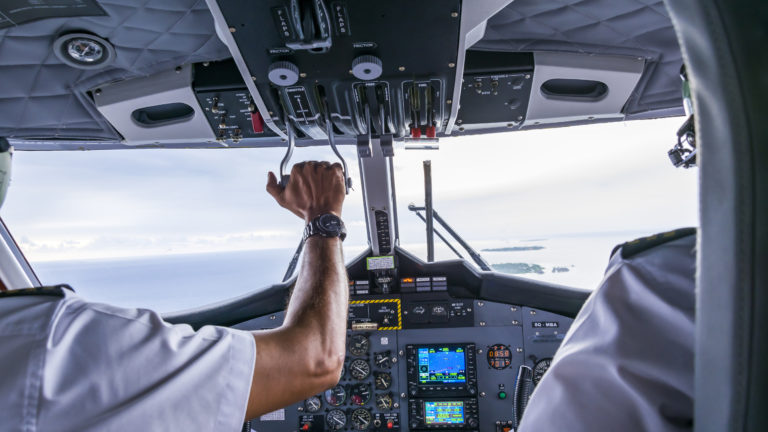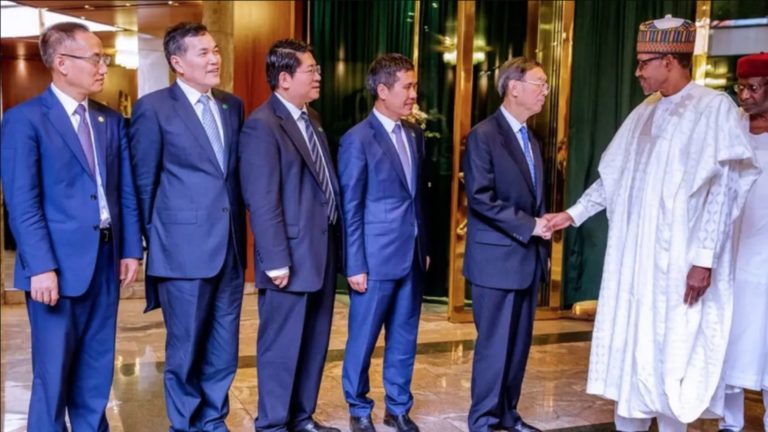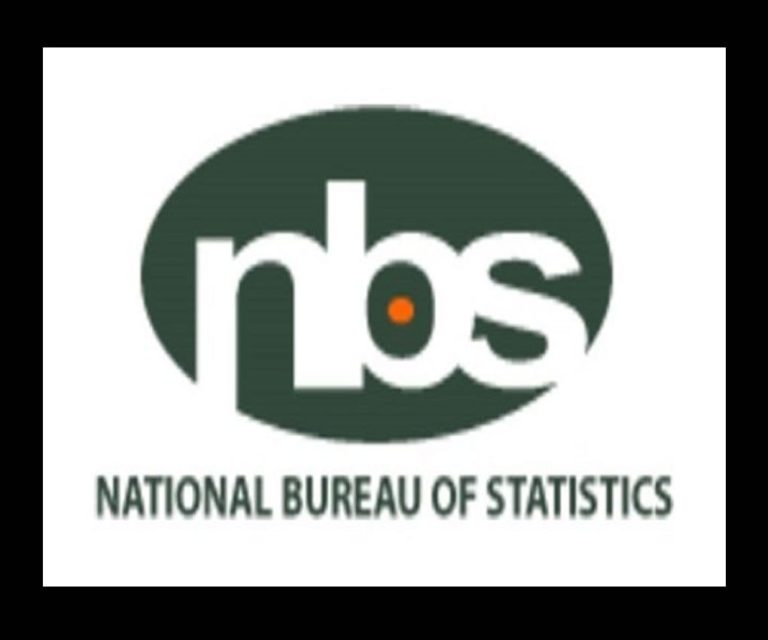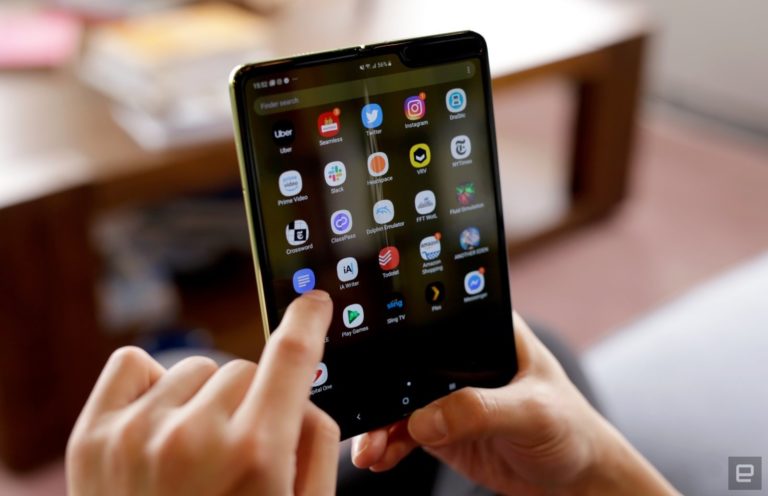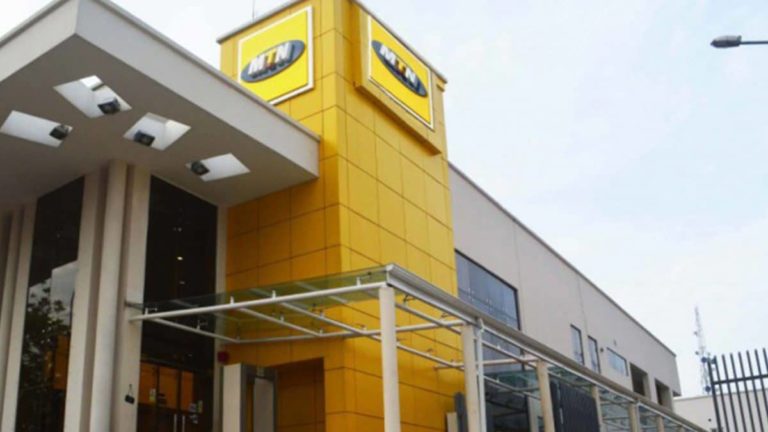Nigerian telecom operators grew their revenue by 15 per cent in one year to reach N2.25tn in December 2018 from N1.96trn in 2017, a report by the Nigerian Communications Commission has shown.
The 2018 network/subscriber data recently obtained from the NCC indicated that the GSM operators made up of MTN, Globacom, Airtel and 9mobile grew their revenue by 13.6 per cent from N1.57trn in 2017 to N1.78trn in 2018.
According to the industry regulator, investment of the operators in infrastructure declined by 62 per cent to stand at N32.1bn by the end of 2018.
For fixed network operators, the revenue increased by 1.5 per cent from N4.05bn to N4.11bn in the period under review.
Internet service providers also grew their revenue by 23.4 per cent to reach N43.83bn in 2018 from N35.53bn in 2017.
Other operators made up of value-added services, collocation companies, interconnect firms among others recorded 18.2 per cent revenue growth from N349.2bn to N412.77bn in one year.
The operating cost of the companies increased by two per cent from N1.72tn in 2017 to N1.76tn in 2018.
The capital investment of operators decreased from N84.7bn in 2017 to N32.1bn in 2018, the 2018 report indicated.
The commission said that the figure was based on the number of responses it received from the network operators in the country.
“The reason may be attributed to the lack of response from operators like INT Towers Limited for 2018 figures as well as low level of responses from other operators in the same market segment,” the industry regulator said.
However, the NCC said there was substantial telecom infrastructure growth as operators reported a total of 52,160 Base Transceiver Stations and co-location towers, 334,314km of the microwave, 151 gateways and 84,580.7km of fibre optics.
According to the NCC, the number of telecom towers in the country affects the quality of service experience by subscribers.
The data indicated that mobile network operators added 39 BTS in one year, from 30,598 in December 2017 to 30,637 in December 2018.
“As of December 2018, MTN owned the highest number of base stations standing at 14,715 base stations, with Airtel owning 7,966; Glo 7,244; NTEL- 562; EMTs, 9mobile 148 and Smile two base stations,” the report added.
Among the fixed telephony operators, the report said Ipnx was the only operator with base stations, having a total number of 51 base stations as of December 2018, recording a slight increase of four per cent as the number stood at 49 base stations in 2017.
For value-added services, collocation and infrastructure service providers and interconnect operators among others, a total of 22,245 base stations were reported as against 15,117 in 2017.
The top five states with the highest number of base stations, according to the report, are Lagos with 4,764; Ogun 1,931; Rivers 1,676; Federal Capital Territory 1,684 and Oyo 1,303.
States with the least number of base stations as identified by the NCC are Yobe, 205; Zamfara 223; Gombe 286; Jigawa 289, and Kebbi 298.


